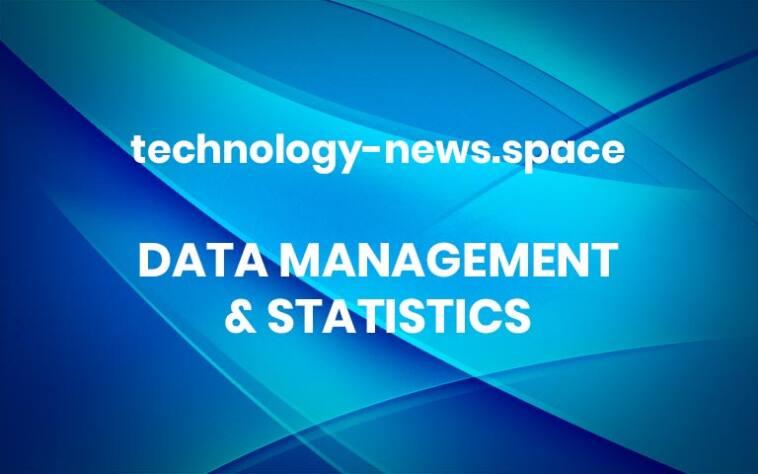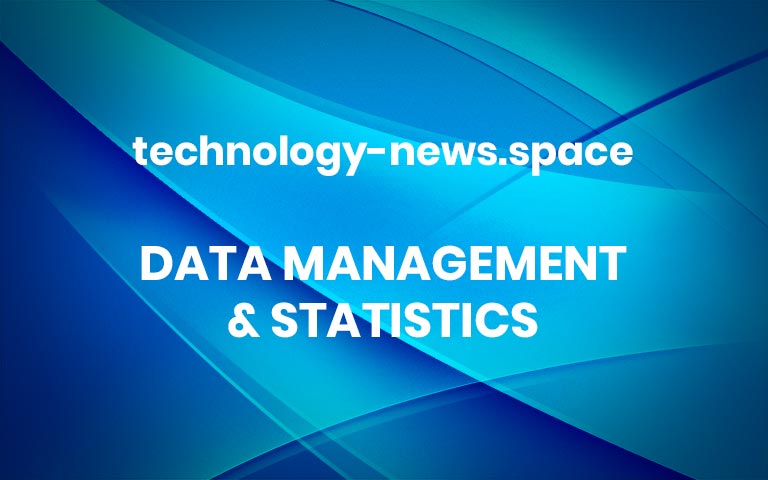Using data to write songs for progress
A three-year recipient of MIT’s Emerson Classical Vocal Scholarships, senior Ananya Gurumurthy recalls getting ready to step onto the Carnegie Hall stage to sing a Mozart opera that she once sang with the New York All-State Choir. The choir conductor reminded her to articulate her words and to engage her diaphragm.
“If you don’t project your voice, how are people going to hear you when you perform?” Gurumurthy recalls her conductor telling her. “This is your moment, your chance to connect with such a tremendous audience.”
Gurumurthy reflects on the universal truth of those words as she adds her musical talents to her math and computer science studies to campaign for social and economic justice.
The daughter of immigrants
Growing up in Edgemont, New York, she was inspired to fight on behalf of others by her South Asian immigrant parents, who came to the United States in the 1980s. Her father is a management consultant and her mother has experience as an investment banker.
“They came barely 15 years after the passage of the 1965 Immigration and Nationality Act, which removed national origin quotas from the American immigration system,” she says. “I would not be here if it had not been for the Civil Rights Movement, which preceded both me and my parents.”
Her parents told her about their new home’s anti-immigrant sentiments; for example, her father was a graduate student in Dallas exiting a store when he was pelted with glass bottles and racial slurs.
“I often consider the amount of bravery that it must have taken them to abandon everything they knew to immigrate to a new, but still imperfect, country in search of something better,” she says. “As a result, I have always felt so grounded in my identity both as a South Asian American and a woman of color. These identities have allowed me to think critically about how I can most effectively reform the institutions surrounding me.”
Gurumurthy has been singing since she was 11, but in high school, she decided to also build her political voice by working for New York Senator Andrea Stewart-Cousins. At one point, Gurumurthy noted a log was kept for the subjects of constituent calls, such as “affordable housing” and “infrastructure,” and it was then that she became aware that Stewart-Cousins would address the most pressing of these callers’ issues before the Senate.
“This experience was my first time witnessing how powerful the mobilization of constituents in vast numbers was for influencing meaningful legislative change,” says Gurumurthy.
After she began applying her math skills to political campaigns, Gurumurthy was soon tapped to run analytics for the Democratic National Committee’s (DNC) midterm election initiative. As a lead analyst for the New York DNC, she adapted an interactive activation-competition (IAC) model to understand voting patterns in the 2018 and 2020 elections. She collected data from public voting records to predict how constituents would cast their ballots and used an IAC algorithm to strategize alongside grassroots organizations and allocate resources to empower historically disenfranchised groups in municipal, state, and federal elections to encourage them to vote.
Research and student organizing at MIT
When she arrived at MIT in 2019 to study mathematics with computer science, along with minors in music and economics, she admits she was saddled with the naïve notion that she would “build digital tools that could single-handedly alleviate all of the collective pressures of systemic injustice in this country.”
Since then, she has learned to create what she calls “a more nuanced view.” She picked up data analytics skills to build mobilization platforms for organizations that pursued social and economic justice, including working in Fulton County, Georgia, with Fair Fight Action (through the Kelly-Douglas Fund Scholarship) to analyze patterns of voter suppression, and MIT’s ethics laboratories in the Computer Science and Artificial Intelligence Laboratory to build symbolic artificial intelligence protocols to better understand bias in artificial intelligence algorithms. For her work on the International Monetary Fund (through the MIT Washington Summer Internship Program), Gurumurthy was awarded second place for the 2022 S. Klein Prize in Technical Writing for her paper “The Rapid Rise of Cryptocurrency.”
“The outcomes of each project gave me more hope to begin the next because I could see the impact of these digital tools,” she says. “I saw people feel empowered to use their voices whether it was voting for the first time, protesting exploitative global monetary policy, or fighting gender discrimination. I’ve been really fortunate to see the power of mathematical analysis firsthand.”
“I have come to realize that the constructive use of technology could be a powerful voice of resistance against injustice,” she says. “Because numbers matter, and when people bear witness to them, they are pushed to take action in meaningful ways.”
Hoping to make a difference in her own community, she joined several Institute committees. As co-chair of the Undergraduate Association’s education committee, she propelled MIT’s first-ever digital petition for grade transparency and worked with faculty members on Institute committees to ensure that all students were being provided adequate resources to participate in online education in the wake of the Covid-19 pandemic. The digital petition inspired her to begin a project, called Insite, to develop a more centralized digital means of data collection on student life at MIT to better inform policies made by its governing bodies. As Ring Committee chair, she ensured that the special traditions of the “Brass Rat” were made economically accessible to all class members by helping the committee nearly triple its financial aid budget. For her efforts at MIT, last May she received the William L. Stewart, Jr. Award for “[her] contributions [as] an individual student at MIT to extracurricular activities and student life.”
Ananya plans on going to law school after graduation, to study constitutional law so that she can use her technical background to build quantitative evidence in cases pertaining to voting rights, social welfare, and ethical technology, and set legal standards ”for the humane use of data,” she says.
“In building digital tools for a variety of social and economic justice organizations, I hope that we can challenge our existing systems of power and realize the progress we so dearly need to witness. There is strength in numbers, both algorithmically and organizationally. I believe it is our responsibility to simultaneously use these strengths to change the world.”
Her ambitions, however, began when she began singing lessons when she was 11; without her background as a vocalist, she says she would be voiceless.
“Operatic performance has given me the ability to truly step into my character and convey powerful emotions in my performance. In the process, I have realized that my voice is most powerful when it reflects my true convictions, whether I am performing or publicly speaking. I truly believe that this honesty has allowed me to become an effective community organizer. I’d like to believe that this voice is what compels those around me to act.”
Private musical study is available for students through the Emerson/Harris Program, which offers merit-based financial awards to students of outstanding achievement on their instruments or voice in classical, jazz, or world music. The Emerson/Harris Program is funded by the late Cherry L. Emerson Jr. SM ’41, in response to an appeal from Associate Provost Ellen T. Harris (Class of 1949 professor emeritus of music). More



